Science Articles
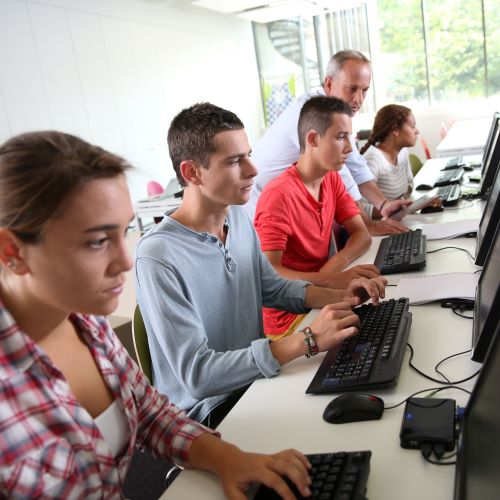
Tapping into the expertise of the University of Florida and its AI initiative, the Florida Department of Education recently added a three-year program of study called AI Foundations to its Career and Technical Education Program
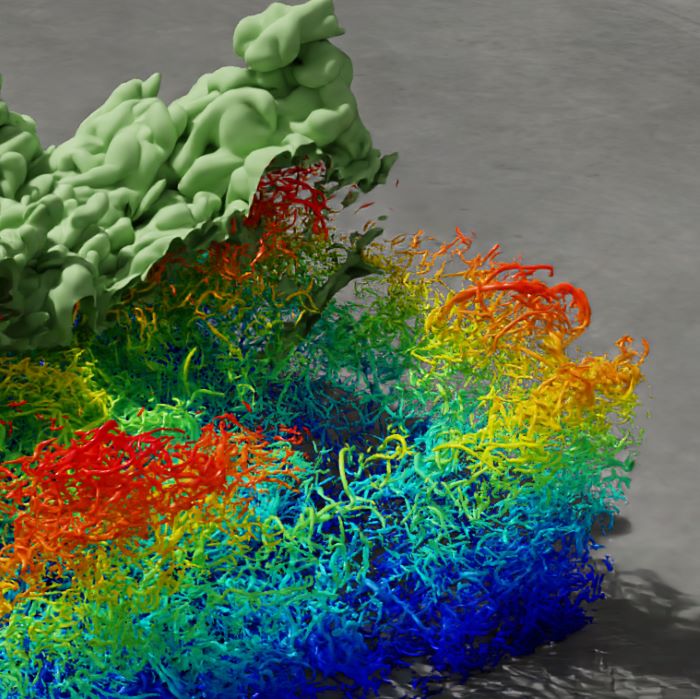
A faithful simulation of hot air rising along a wall demonstrates the power of UF's HiPerGator supercomputer to model important real-world scenarios.
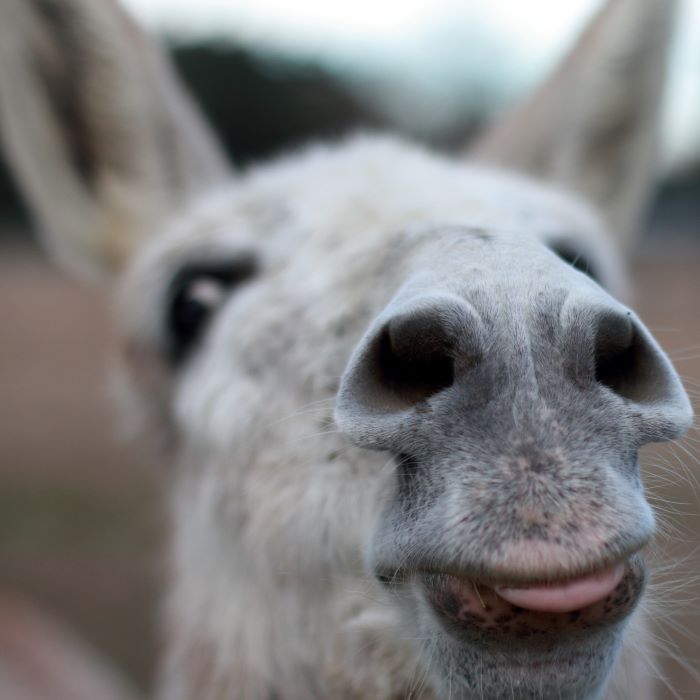
Sometimes overlooked, the donkey has its own unique and significant history, and researchers have uncovered their journey toward domestication.
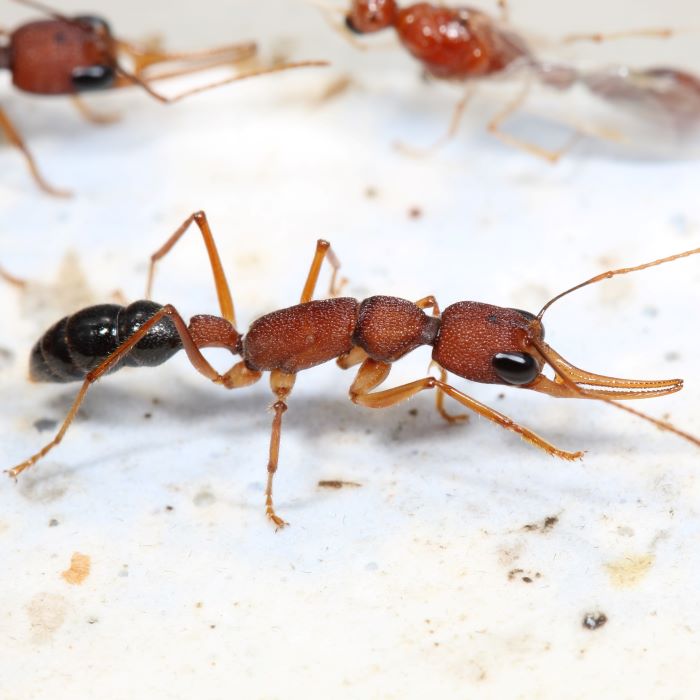
By partly blocking insulin, ant queens extend their lifespan while reproducing.
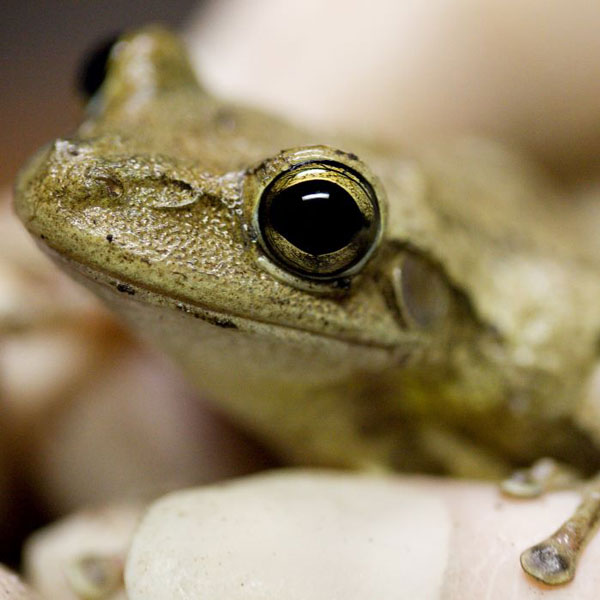
The new institute will bring together more than 120 UF/IFAS scientists currently working to detect, track and control nonnative and invasive wildlife and plant species.
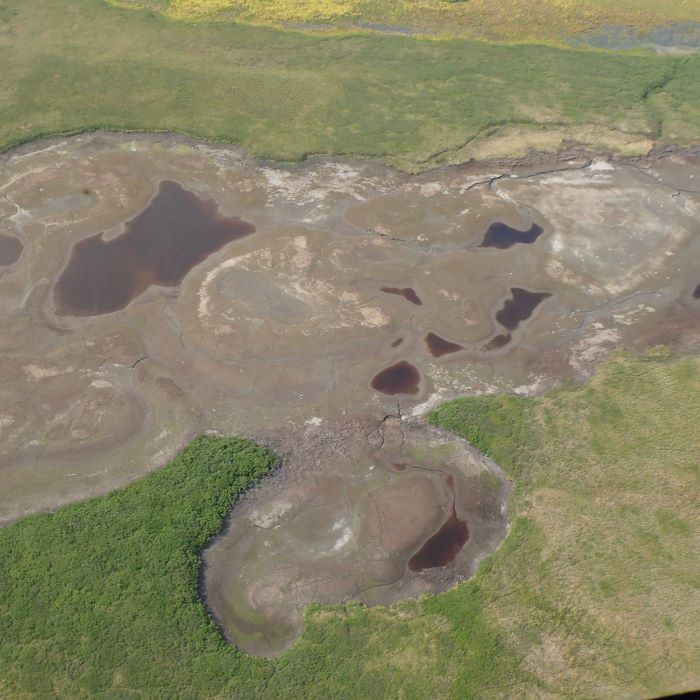
A study led by UF environmental scientist Elizabeth Webb shows widespread patterns of loss, upending scientists’ previous projections.
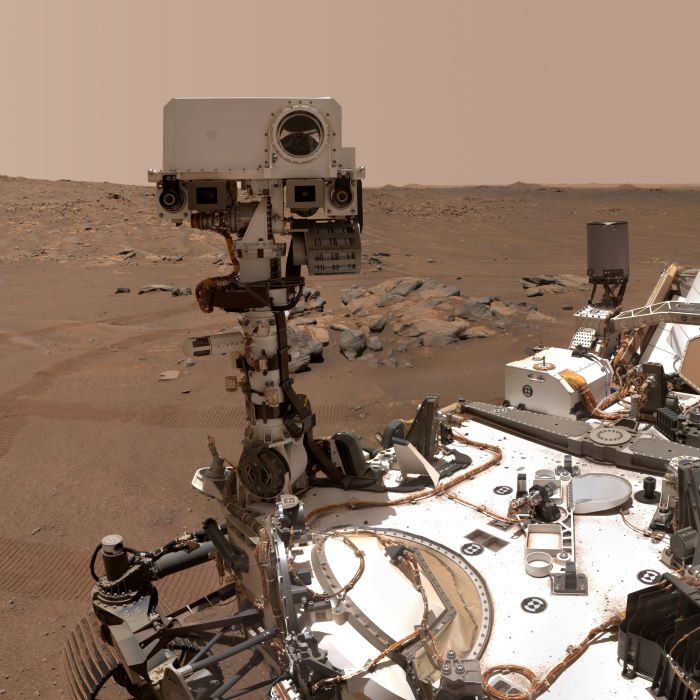
UF astrobiologist and rover scientist Amy Williams says the rocks are the best chance yet to discover signs of ancient life on the red planet.
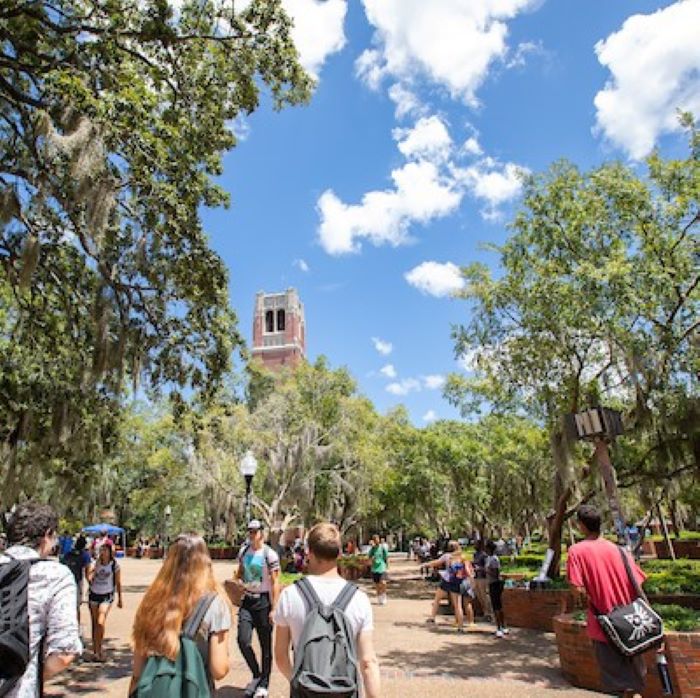
UF study uncovers key differences in saliva bacteria present in groups of students based on if they had recent thoughts of suicide, providing clues about which bacteria influence suicidal thoughts and set the stage for further research.

A University of Florida severe weather expert breaks down how lightning forms and what to do to keep yourself safe

Florida researchers are leading some of the earliest experiments with the James Webb Space Telescope to answer big questions about the universe.
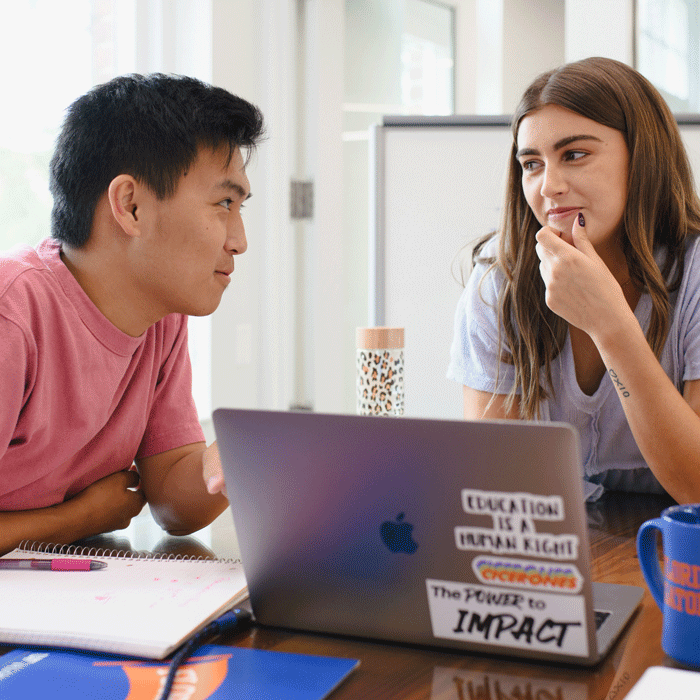
A study done by researchers from UF's College of Journalism and Coummunications examined high versus low student involvement learning, and compared AI versus human tutor types and how that affected students’ perception of tutor writing skills.
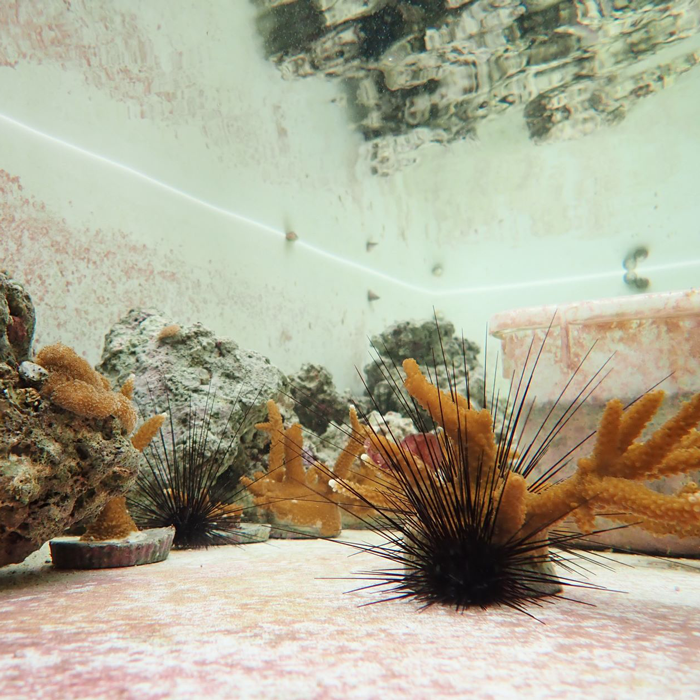
Coral reef ecosystems are severely threatened by pollution, disease, overharvesting and other factors. For thousands of years, long-spined sea urchins helped keep reefs intact. They eat seaweed, which can kill or seriously damage coral. Without coral, reefs suffer severe consequences, including diminished ability to support fish.